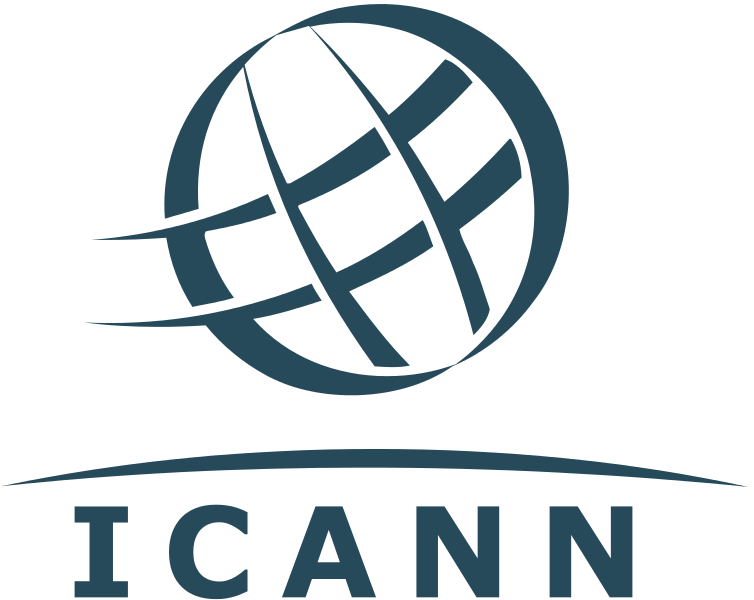 Since the creation of the internet, and its global development in the ’90s, the world wide web remains, in part, under control of the U.S. Commerce Department.
Since the creation of the internet, and its global development in the ’90s, the world wide web remains, in part, under control of the U.S. Commerce Department.
The Californian non-profit company ICANN[1] (Internet Corporation for Assigned names and Numbers) is responsible for the administration of IP addresses worldwide, as well as the global responsibility for top level domains (TLDs), and it is controled by the US National Telecommunications and Information Administration (NTIA), an agency of the U.S. Commerce Department.

 On July 12th 2016, the European Commission adopted the substitute for the Safe Harbor, the data protection agreement previously signed between the Commission and the United States Department of Commerce in 2010. This new agreement is referred to as the “Privacy Shield”.
On July 12th 2016, the European Commission adopted the substitute for the Safe Harbor, the data protection agreement previously signed between the Commission and the United States Department of Commerce in 2010. This new agreement is referred to as the “Privacy Shield”. An important goal when acting against infringements of rights is to receive compensation for your loss. But what kind of compensation does the law offer you? Directive 2004/48 of 29 April 2004 on the enforcement of intellectual property rights created two sets of compensation rules in article 13(1):
An important goal when acting against infringements of rights is to receive compensation for your loss. But what kind of compensation does the law offer you? Directive 2004/48 of 29 April 2004 on the enforcement of intellectual property rights created two sets of compensation rules in article 13(1):
 Singapore International Arbitration Centre (SIAC)’s new Arbitration Rules from 1 August 2016 onwards
Singapore International Arbitration Centre (SIAC)’s new Arbitration Rules from 1 August 2016 onwards
 Companies within the internal market can build their market power by abstracting value from its client’s personal information. When entering into an unfamiliar market, a company should always bear in mind the balance between the levels of protection that it should provide to its consumers and the degree of competitiveness that it holds from controlling and processing big data in order to avoid risks and receive gains in the long run.
Companies within the internal market can build their market power by abstracting value from its client’s personal information. When entering into an unfamiliar market, a company should always bear in mind the balance between the levels of protection that it should provide to its consumers and the degree of competitiveness that it holds from controlling and processing big data in order to avoid risks and receive gains in the long run. In September and October 2013, the Chinese President Xi Jinping had brought up two strategic initiatives which are jointly known as the “One Belt One Road” Initiative
In September and October 2013, the Chinese President Xi Jinping had brought up two strategic initiatives which are jointly known as the “One Belt One Road” Initiative According to Margrethe Verstager, European Commissioner for Competition, “we as consumers have a new currency that we can use […] – our data”
According to Margrethe Verstager, European Commissioner for Competition, “we as consumers have a new currency that we can use […] – our data” A 500 million pounds investment into a London-based fund had been announced by the Chinese company Cocoon Networks at a Beijing-London Tech Venture Forum held on the 19th of January 2016. Two big private equity companies were behind this, namely China Equity Group and Hanxin Capital. This fund is to be expected in place in the next three to seven years with a clear intention on attracting, developing and expanding new tech and innovation startups into China.
A 500 million pounds investment into a London-based fund had been announced by the Chinese company Cocoon Networks at a Beijing-London Tech Venture Forum held on the 19th of January 2016. Two big private equity companies were behind this, namely China Equity Group and Hanxin Capital. This fund is to be expected in place in the next three to seven years with a clear intention on attracting, developing and expanding new tech and innovation startups into China.